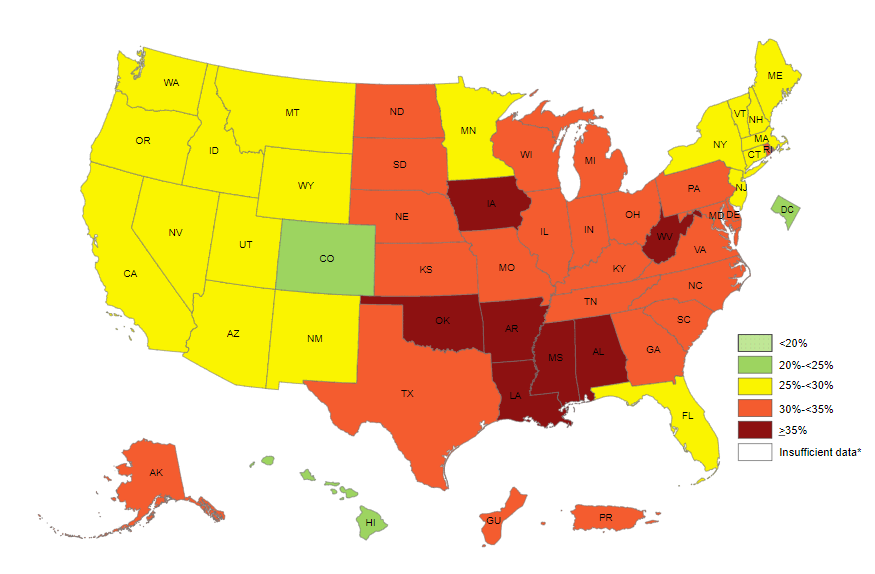
The Obesity Epidemic
For over a decade, obesity has been called an “epidemic”, both in the popular and scientific literature. Traditionally, the term “epidemic” is associated with a highly contagious disease that carries with it a significant risk of mortality. A comprehensive review of observational studies (1) suggested that obesity did not fit this definition, despite the use of the term in a widely disseminated report by the World Health Organization in 2002.
Regardless of the etymological fine points, the worldwide prevalence of obesity and its associated health risks are clear. These risks include type 2 diabetes, hypertension, several cancers, gall bladder disease, coronary artery disease and stroke (2). Yet, the debate over obesity and options for reducing its risks has become increasingly polarized. As a result, some health researchers are advocating a “health at every size” (HAES) approach to address the social, cultural and lifestyle implications of obesity (2).
Continue reading “Obesity: Can Simple Approaches Reduce Complex Risks?”
